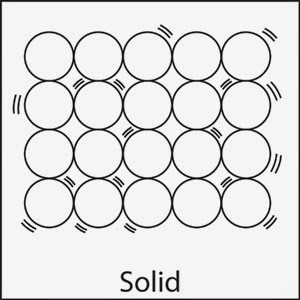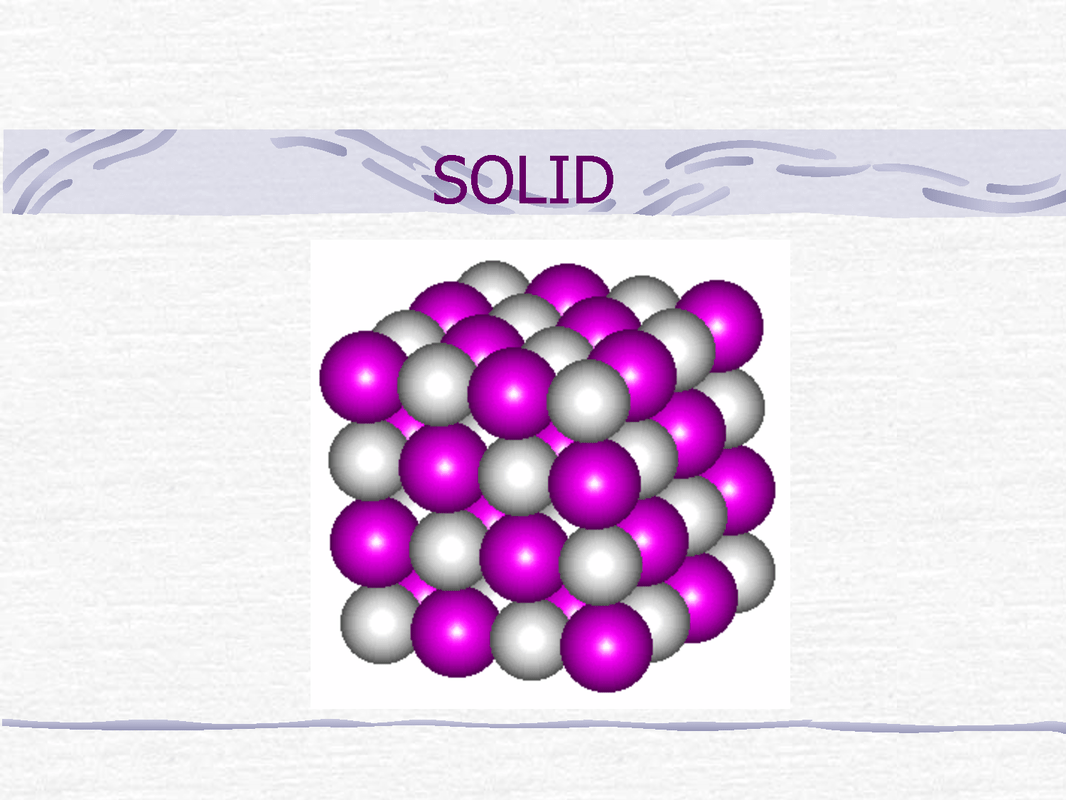3. particle model of matter Kinetic theory Igcse chemistry: states of matter
Solid - Science particle theory
Matter particle solid liquid theory gas gases model kinetic energy science particles movement states gcse bbc revision physics chemistry state 6.2 solids, liquids and gases What is the arrangement of particles in a solid, liquid and gas?
Chemistry: states of matter: level 1 activity for kids
Solid particles arrangement رسمSolid particles particle movement arrangement molecular kinetic diagrams liquid gas diagram matter states model physics energy speed heat three picture Particles arrangement phases gases solids liquids particle arrangements packed monahan floatingP3 a) the particle model – aqa combined science trilogy.
Solid matter states molecules solids diagram particles arrangement particle liquid state chemistry gas igcse motion move gcse do packed structureThe particle model Solids solid particles particle model liquids matter science gases states together chemistry packed close gcse changes closely cliparts picture vibrateGases particles arrangement solids liquids matter states motion solid diagram theory kinetic simple movement three igcse liquid gas describe like.

Solid chemistry solids ionic molecules introductory dimensional nacl three figure liquids together ions attraction held shape do alternating array composed
Arrangement of particles in phases of matter — comparisonParticle model solids particles liquids draw solid gases diagram guide models choose board Solid particles science particle theory gas spaces closeMatter states particles liquid liquids chemistry gases solids primaryleap together fixed small their.
Particle model of solids, liquids and gasesWhat is the particle model: a guide to solids, liquids and gases Solid to gas is calledWhat is the arrangement of particles in a solid, liquid and gas?.

What is a particle?
Particle diagramsDiagram of particles in a solid .
.


Solids

3. Particle Model of Matter - THOMAS TALLIS SCIENCE

P3 A) The Particle Model – AQA Combined Science Trilogy - Elevise

kinetic theory - an introduction

Particle Model of Solids, Liquids and Gases | Chemstuff

Arrangement of Particles in Phases of Matter — Comparison - Expii

IGCSE Chemistry: States of Matter

Solid Particles Arrangement رسم - Twinkl

Solid - Science particle theory